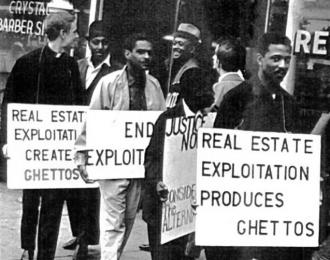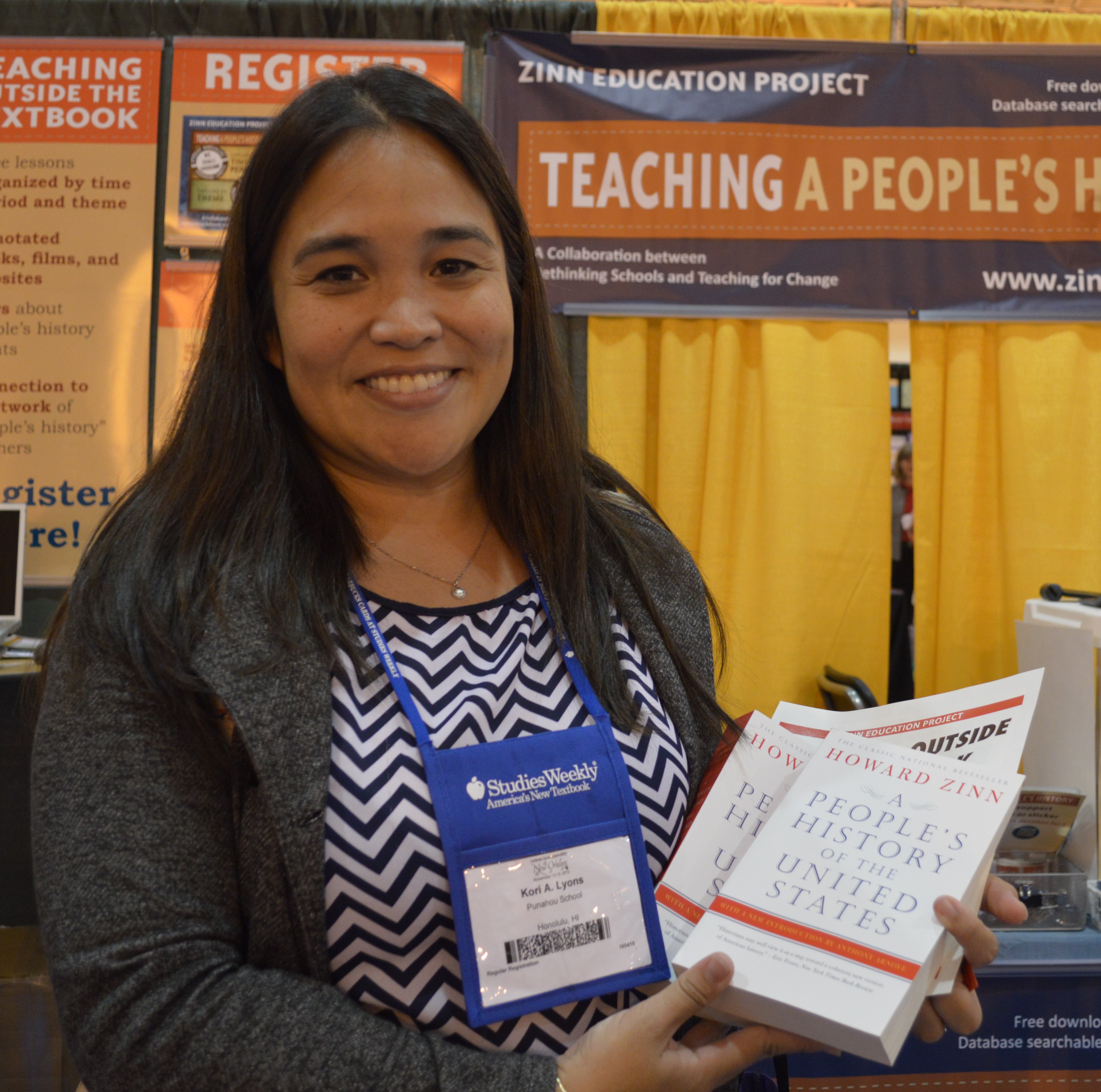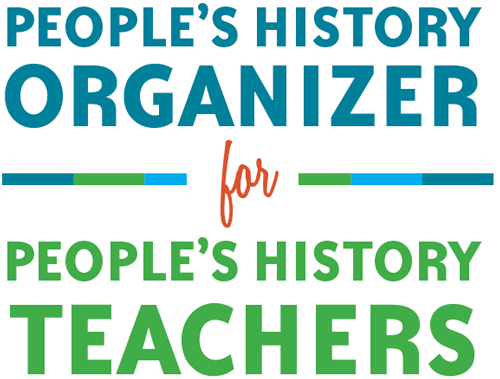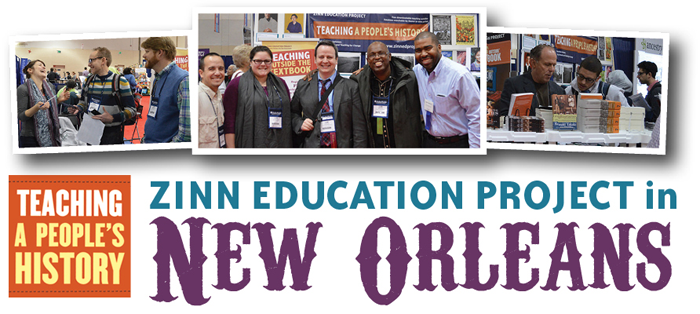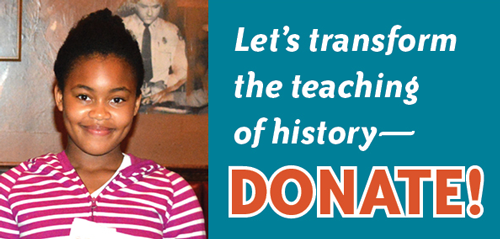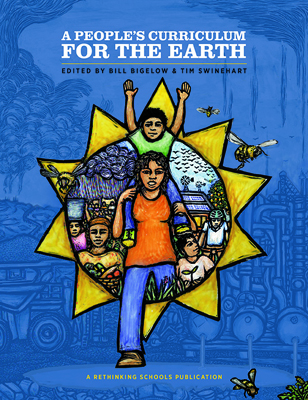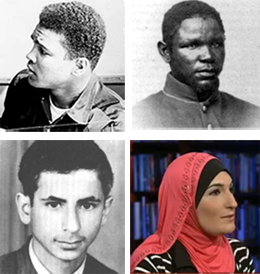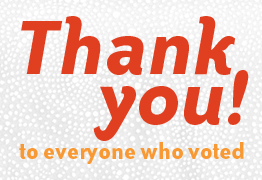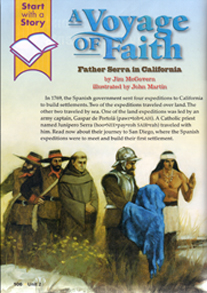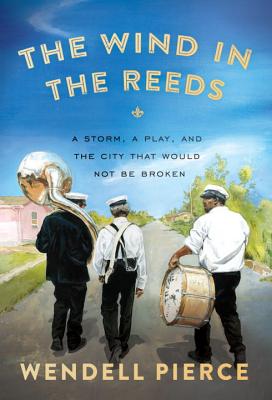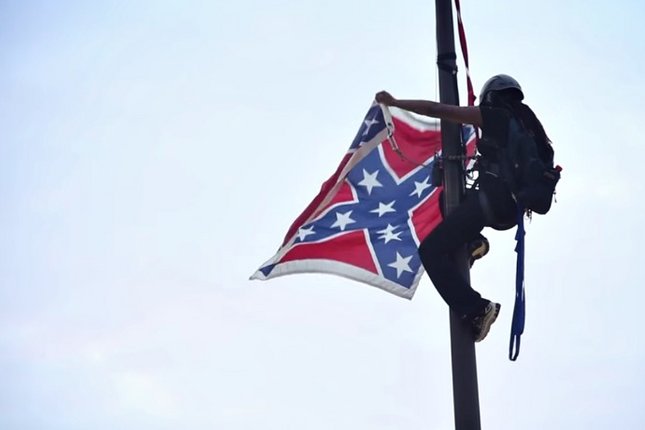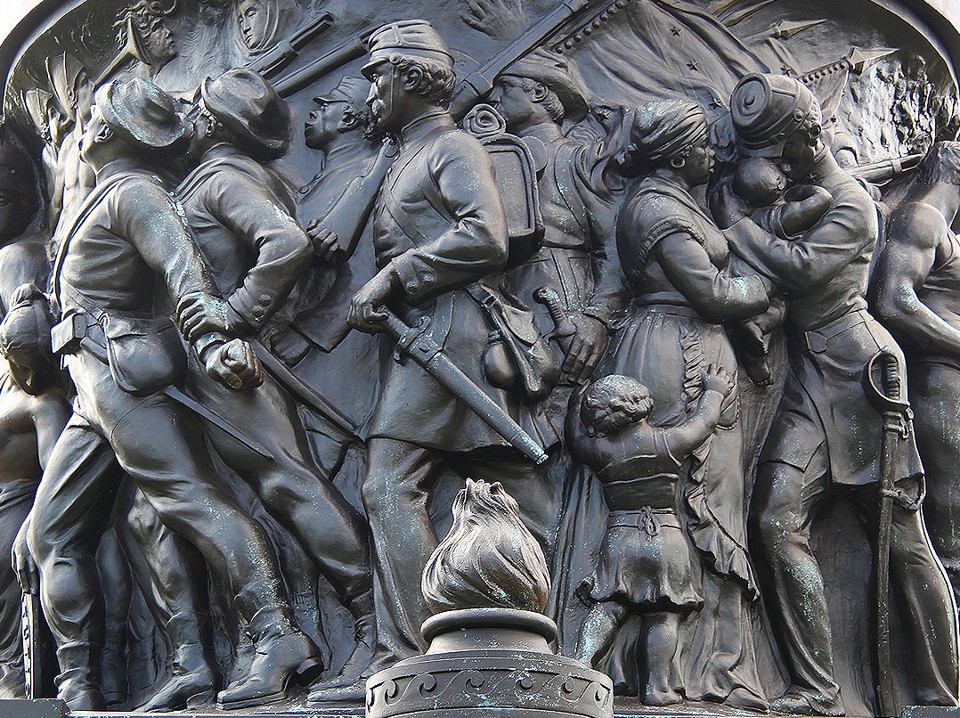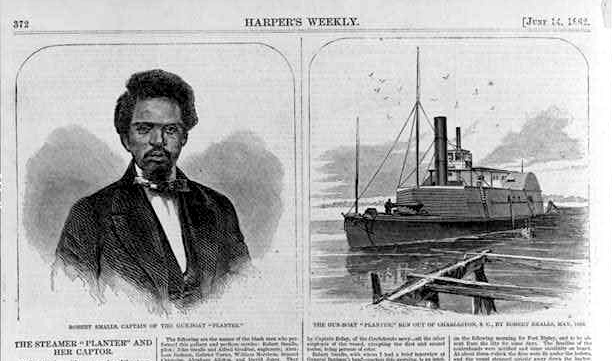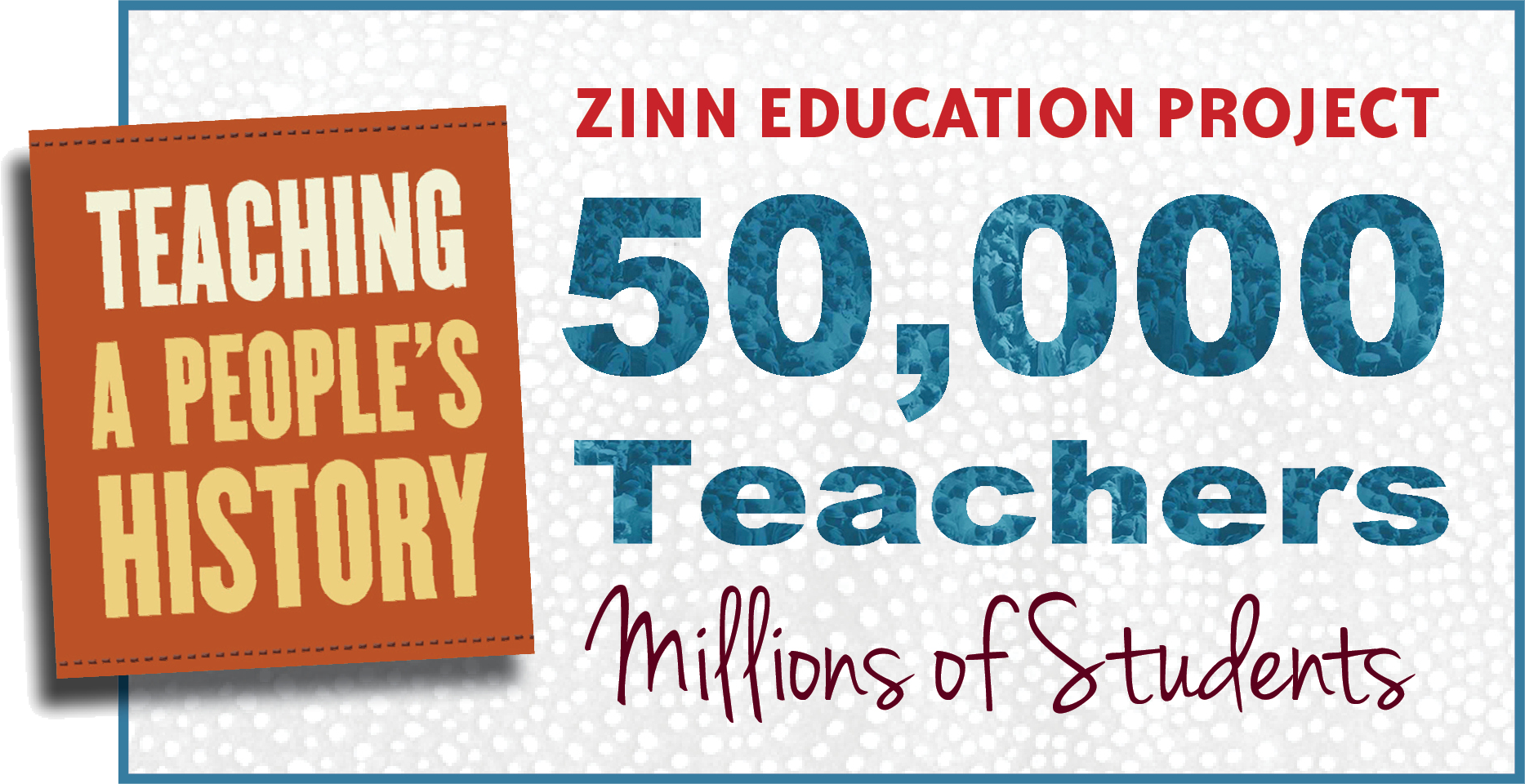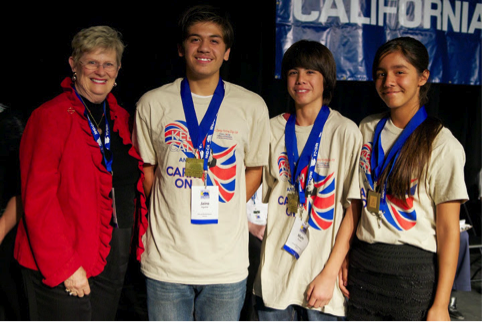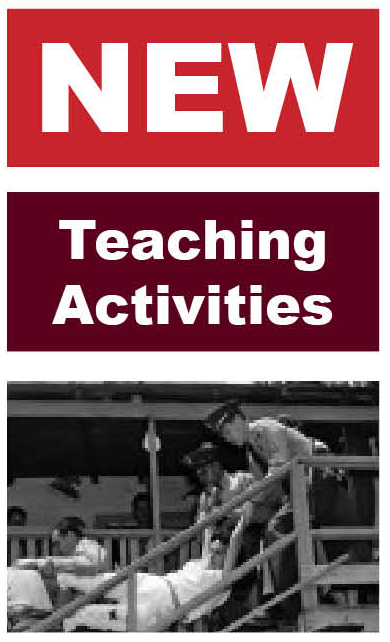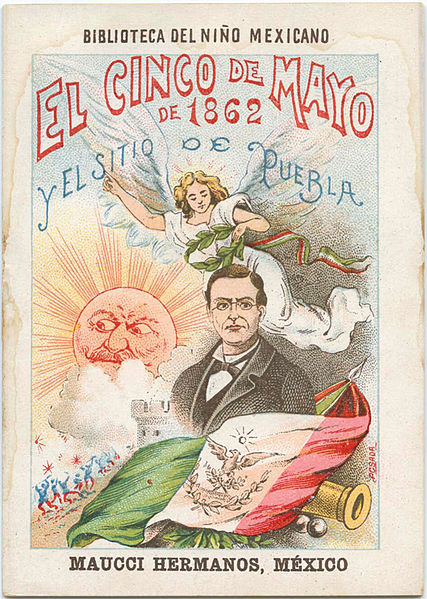By Deborah Menkart
A firestorm erupted when Scholastic released a children's book early this month, A Birthday Cake for George Washington, by Ramin Ganeshram and illustrated by Vanessa Brantley-Newton, featuring smiling slaves baking a cake for George Washington.
Continue reading
After attending a presentation on the history of housing segregation and race, parent Wendy Jacobson…
Continue reading
I donate to the Zinn Education Project so that my daughter will not have to wait until she is an adult, as I did, to learn people's history. —Katherine Gray
Katherine Gray is one of dozens of people who have donated to the Zinn Education Project during our year-end campaign so that we can provide free people's history lessons to teachers across the country in 2016.
Continue reading
The Zinn Education Project registered 11,000 new teachers in 2015. We now have more than 55,500 teachers who have signed up to download our free "teaching outside the textbook" materials. In addition, we also:
Continue reading
Dear Zinn Education Project friend,
As you may know, we launched our People's History Organizer Campaign last month, and the response has been encouraging. Please join the campaign to raise the final third—$40,000—of our goal.
Continue reading
This past weekend was one of the largest climate mobilizations in history. Throughout the world more than 785,000 participated in demonstrations.
Continue reading
For Native American Heritage Month, we highly recommend the article “‘All Indians Are Dead?’ At Least That’s What Most Schools Teach Children,” based on a study called "Manifesting Destiny: Re/presentations of Indigenous Peoples in K–12 U.S. History Standards." The article can inspire an examination of the curriculum and books in our schools.
Continue reading
The Zinn Education Project will be attending the National Council for the Social Studies Conference, Nov. 13-14, 2015, in New Orleans. Our booth is always abuzz with inspiring conversations as educators meet to share teaching people's history success stories, challenges, and resource ideas.
Continue reading
Recently, a remarkable thing happened. A longtime Zinn Education Project (ZEP) supporter—a retired social studies teacher and teacher union activist—came to us with a proposal: "I want to help the Zinn Education Project reach hundreds of thousands more students. We need to provide every teacher with a people's history alternative to their textbook."
Continue reading
The recent If We Knew Our History article, “Time to Abolish Columbus Day,” has gone viral, as the call to change the name to Indigenous Peoples’ Day gains support across the country. The article has received more than 140K Facebook likes on Common Dreams and the Huffington Post. It has also been referenced in national news media, including MSNBC, The Washington Post, Nonprofit Quarterly, and Common Dreams, and was posted on AlterNet.
Continue reading
With every passing day, the climate crisis announces itself with greater urgency. The drought in California. The wildfires in the West. The summer of 2015 was the hottest ever recorded. What's next? The good news is that activism is on the rise, too. The movement to keep fossil fuels in the ground is growing by leaps and bounds.
Continue reading
With all the hate speech and misinformation from presidential candidates about Muslims, we revisit the Zinn Education Project article by Alison Kysia, "A People's History of Muslims in the United States." Kysia writes, "Most of my students reference 9/11 as the first time they heard of Muslims. Mainstream textbooks do little to correct or supplement the biases that students learn from the media. These books distort the rich and complex place of Muslims throughout U.S. history."
Continue reading
As educators in Seattle lead the city’s first teacher strike in 30 years, we share this interview with Rethinking Schools associate editor and history teacher Jesse Hagopian and Seattle City Council member Kshama Sawant.
Continue reading
We thank everyone who voted for the Zinn Education Project on the CREDO donation ballot in July. The results are in. Thanks to your votes and outreach, we received a donation of $59,162 from CREDO/Working Assets.
Continue reading
As Pope Francis prepares to canonize Junípero Serra on September 23 despite widespread protests, we share the Zinn Education Project's If We Knew Our History article by Deborah Miranda,“Lying to Children About the California Missions and the Indians." Miranda exposes what's missing from the textbooks when students learn about California Missions.
Continue reading
On this tenth anniversary of Hurricane Katrina, we recommend listening to this interview with actor, activist, and author Wendell Pierce on the "greatest crime" in the wake of the storm.
Continue reading
In June, while politicians continued to debate about the implications of taking down the Confederate flag after the shooting of nine people at Emmanuel AME Church and several arson fires on Black churches in the South that followed, Bree Newsome scaled the South Carolina state flag pole and took the flag down herself. She did not organized this effort alone.
Continue reading
As Ta-Nehisi Coates points out in this article, the secession of Southern states was triggered by one thing: the desperate quest to preserve slavery.
Continue reading
By William Loren Katz
The Confederate flag represents a threat to citizens of color, a symbol of treason against the United States, and a war fought on behalf of slaveholders. But there are other equally offensive symbols that have not attracted the attention they should. For example, a statue of former South Carolina governor and U.S. Senator Ben Tillman stands in the state Capitol.
Continue reading
In January, Janet Kelly contacted the Zinn Education Project to help her 7th and 8th grade students research Fred Ross Sr., a little known but influential grassroots organizer, for their History Day Project about the United Farmworkers' Union.
Continue reading
The Zinn Education Project has engaged more people than ever with quality, thought-provoking people's history lessons for students and stimulating articles that challenge myths about our history. With your continued support, we can reach more classrooms. We bring you a quick snapshot of 2015 so far.
Continue reading


